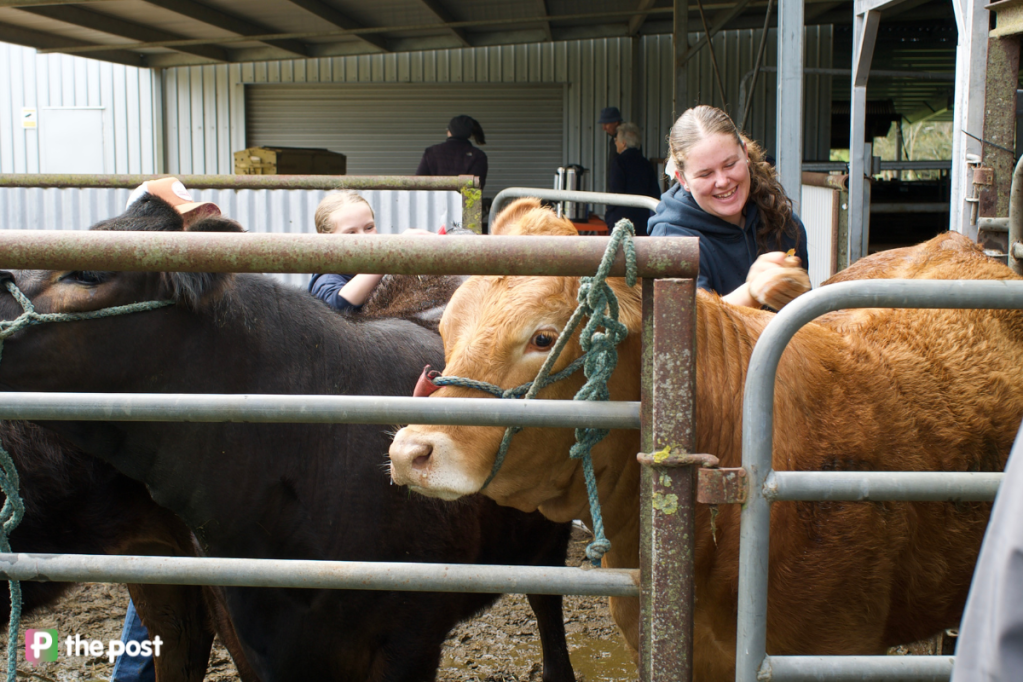The December closure of a Penola’s McCain Foods processing plant will be felt across the south east of South Australia.
The frozen food maker announced it would close the plant by December, due to increasing numbers of cheap imported potatoes and the rising costs of manufacturing in Australia.
Redundancy packages are to be offered to the plant’s 59 permanent employees.
Wattle Range Council mayor Peter Gandolfi says McCain’s employees come from across the region.
“Around 45 per cent come from Mount Gambier and around the same number from Millicent, as well as some locals from Penola,” Gandolfi told InDaily today.
“The plant used to be based in Millicent so that’s why there’s such a broad workforce.
You might like
“It’s another hit for the locals who have seen around 300 manufacturing or processing jobs go in the last couple of years.
“While governments focus on subsidies for the glamour manufacturers like Holden, they need to understand the impact on a wider level and the need for structural reform at federal level.
“How can our potato growers compete, for example, against imports from Belgium where growers get a 23 per cent subsidy?”
Gandolfi also pointed to food labelling laws that allow companies to sell products where the the origin is not clear.
“McCain told me that they used to supply 15,000 tonnes to Hungry Jacks for the fries but that company now imports their potatoes; but does the consumer know they are eating imported product?”
AUSVEG, the national body representing Australia’s 2000 potato growers lashed out at the way the closure was announced.
Stay informed, daily
Public affairs manager William Churchill says the 59 employees at McCain’s Penola plant only heard of their fate via the radio on Tuesday afternoon.
“McCain shouldn’t have waited until now to tell growers who have already sown their seed for the season,” Churchill said.
He also questioned how McCain will look after the growers who supply the plant if their contracts are cut.
He hoped those potatoes would now be sent to the McCain facility in Ballarat, but this would create additional transport costs for growers.
“We would like to see McCain outline packages to assist affected growers in both the short and long term, including logistical support to see these potatoes processed at other McCain facilities,” he said.
McCain said imports and costs had forced the decision.
“Cheaper potato imports are seriously threatening the future of the processing industry in Australia, and will place further cost pressures on Australia’s growers,” the head of McCain Foods in Australia, New Zealand and South Africa, Louis Wolthers, said.
“Major food industry companies in Australia would welcome any federal and state government support to address the structural issues in order for the potato industry to be more competitive.”
The plant’s 59 permanent employees will be offered redundancy packages and assistance with finding new work, the company said.
McCain said it was committed to continuing operations at other plants in Victoria, New South Wales and Tasmania.
The decision will hit the local economy though job losses and the business that service the Penola plant.
Farmers told ABC local radio today they are worried that the cost of transporting the potatoes an extra 300 kilometres to Ballarat will make growing them unprofitable.
“The logistics of shifting that crop at harvest to Ballarat is going to present some enormous challenges for us,” local farmer Tim Heysen said.









